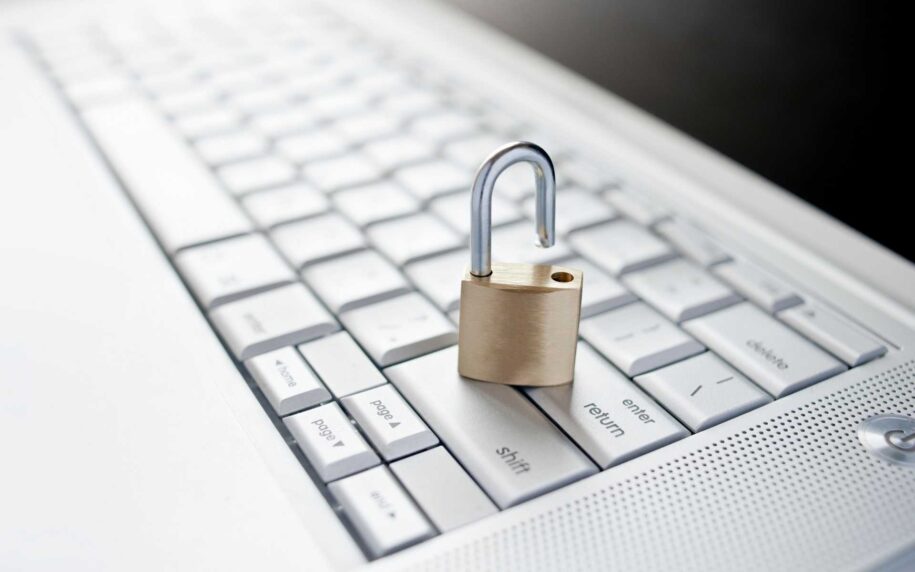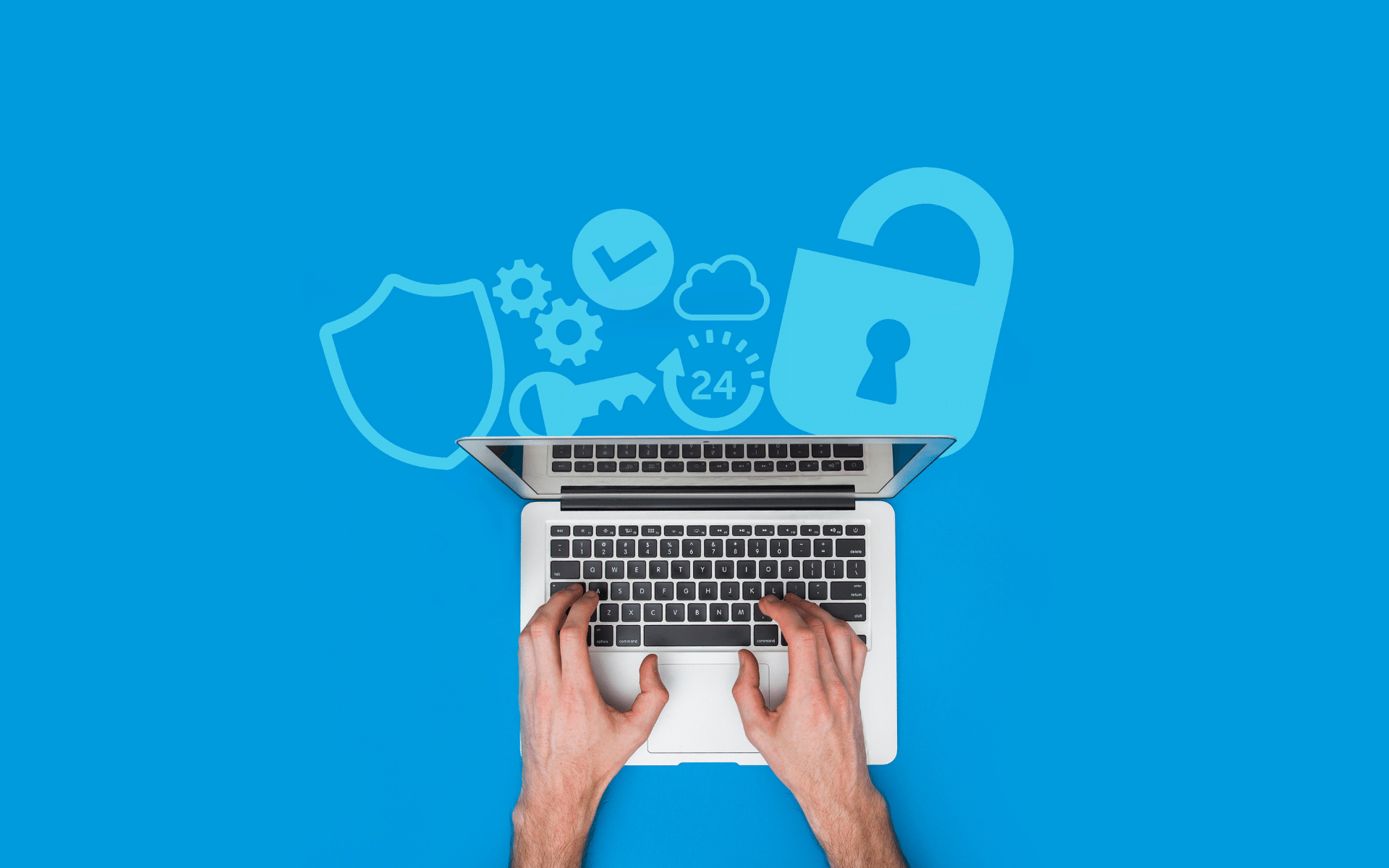10 Ways To Tighten Your Online Security

Comments are closed.

It can be simple for small business owners to believe they are not at risk of online security problems. You have bigger fish to fry. Wrong. Richard White, the managing director of Oxford Solutions in New York City, says, “That is just the type of logic that will get you into trouble.”
Well, shoot. What can you do? We all know that nobody will ever be able to sit and watch our computers. We, the small business owners, are too busy to add Online Security Guru. It is important to vet those who offer to help.
With this in mind, Richard and I met to discuss online security. These are some tips to help you and your company protect themselves.

Antivirus alone does not suffice for Windows and Mac. You need the best protection for your personal computer and small business networks. Security suites offer complete protection against viruses and spam. They allow safe web surfing and email protection. Security software is often available at a discounted price through your Internet provider.
Windows and Mac operating system software must be current. Accept updates from software companies such as Microsoft, Apple, Adobe, and your security software. They are likely to have the latest fixes for possible breaches.
Today’s web browsers offer simple-to-configure settings to protect your computer from hackers. Explore the available options to find the security settings that best suit your needs.
Keep your passwords secret. If you reckon that your passwords have come to terms, change them immediately. Create a unique password using a combination of symbols, numbers, and letters. Use different passwords for each account. It would help if you changed the most critical passwords at least once every 90 days.
WPA2 encryption can be enabled on your wireless router. Change your password for your router hotspot and WIFI. You can hide the network name so that only you can access it. These security measures can be discussed with your Internet service provider.
Use HTTPS to make changes to your social media settings. You can set your profile to be notified when there are any changes. Keep checking your profile for security and privacy updates, as social media sites are constantly changing and improving.
Use the password lock feature. When not in service, switch off Bluetooth and other location services. Recall that smartphones can also be infected with malware. Do not download unfamiliar apps. Instead, look into virus protection apps.
Public WIFI is dangerous. When possible, make your WIFI hotspot. Even if WIFI is available, it’s best to use cellular connections.
Although this may seem obvious, don’t open any suspicious emails. Hackers are becoming more sophisticated. It only takes one click for hackers to infect you. What are you really expecting? Are there any misspellings? Emails with embedded hyperlinks should be avoided.
Many people work remotely at one point or another during their careers. You are at risk of spreading viruses, whether you use a flash drive or work remotely from your computer. You should not open your computer at another place if you suspect it might be infected. Before you connect to other networks, first deal with the malware.
Although it can seem overwhelming, protecting your online identity can help you save a lot of time and money in the long-term. It is vital that your small business is secure online. Take a leaf out of Richard’s book. These are the simple things that make a difference.